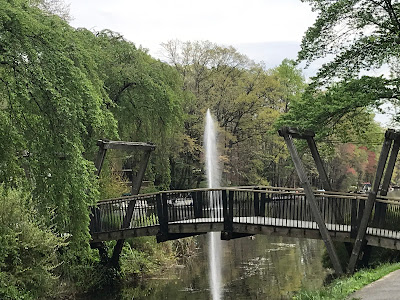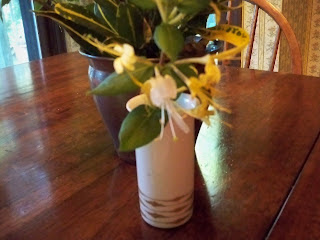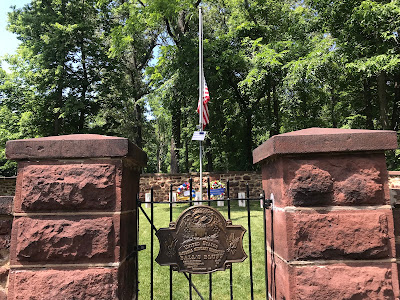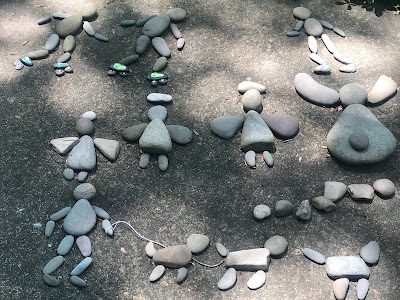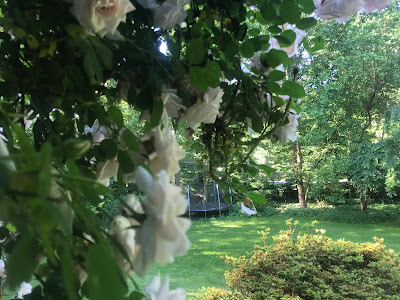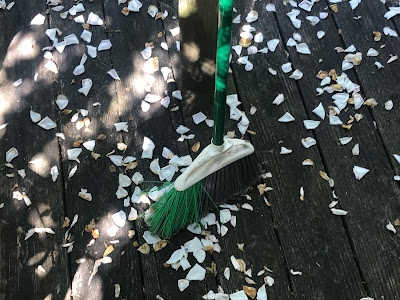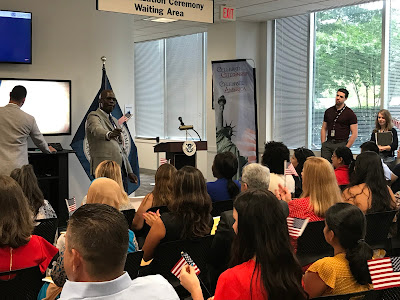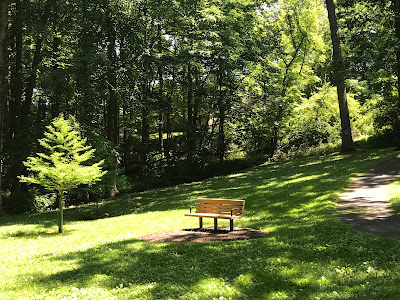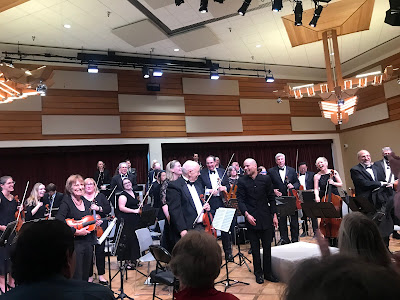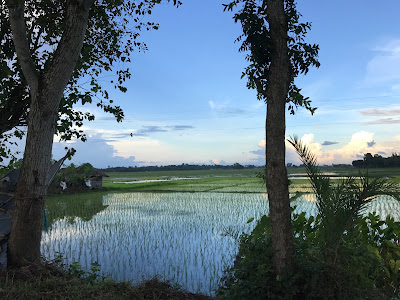Another Way of Living
Because of its strict property boundaries, I don’t live in Reston, but I walk on its trails, buy strawberries at its farmers market, and take yoga at its community center.
For many years, I haven’t known where I live: My mailing address says Herndon, my kids attended high school in Oakton, and I commuted from Vienna. You could say I live in the suburbs of northern Virginia, but for a person who cares about place, that’s always rankled.
Since the pandemic, though, I’ve been gravitating to the place that suits me best, and that is Reston, a community founded and developed by Robert E. Simon (hence Reston) 60 years ago. Last night I watched a film made to celebrate the town’s 50th anniversary: “Another Way of Living: The Story of Reston, VA.”
To say it makes me proud is an understatement. It roots me, inspires me, makes me want to move a mile away just to live in Reston officially. I probably won’t do that. But I’ll walk its trails with more awe than usual.
(The Van Gogh Bridge in Reston’s Lake Anne. More on the film in future posts.)
